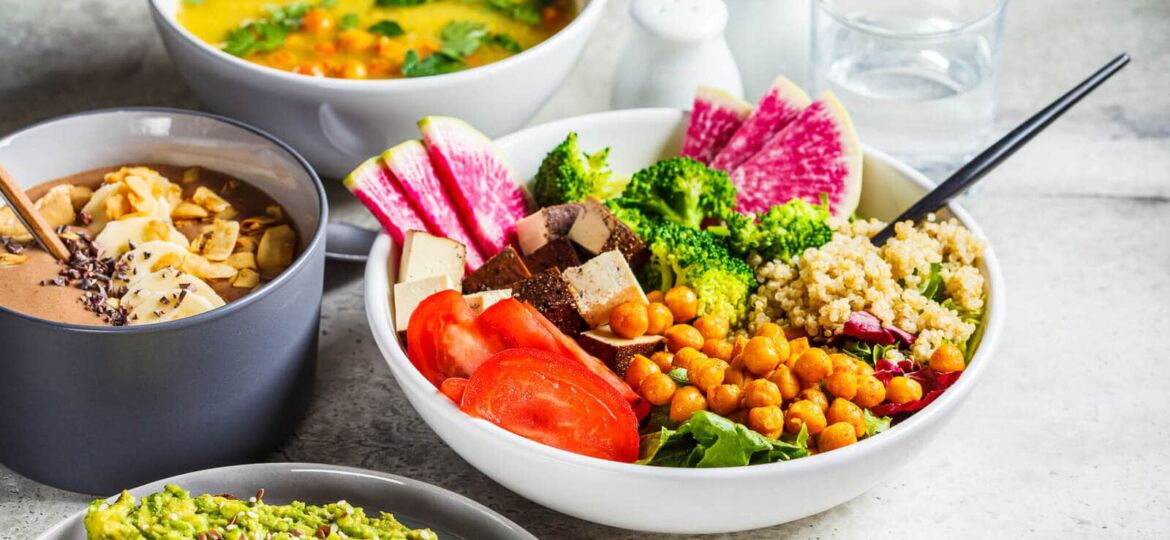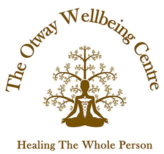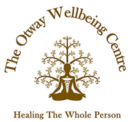
Presently, statistics have revealed that one out of every two individuals will encounter cancer at some point during their lifetime. This is a frightfully high statistic. However, we must also take into consideration that we are living longer, which means that there are now more people than ever living to an age where they have a higher risk of developing cancer. We must also note that survival rates for cancer patients has increased significantly and that life expectancy beyond 10 years has also increased. In saying this, we still need to be knowledgable about possible cancer triggers and how to preserve the health of our wonderful bodies as much as we can in order to reduce changes of developing cancer.
Over 90% of cancers arise due to modifiable risk factors linked to our dietary and lifestyle habits. While many are aware of the major culprits like smoking, excessive alcohol consumption, and obesity, it’s imperative that we delve deeper and adopt a more comprehensive perspective to more effectively tackle the cancer challenge within our society. This article will outline a few fundamental Naturopathic strategies to empower us to take charge of our health and establish the most potent anti-cancer tactic available: prevention.
Decrease Inflammation — Minimising inflammation is an incredibly important principle in preventing cancer. Inflammation is a complex concept, but basically it arises from external influences and our body’s sensitivity to these stimuli. Repeated and prolonged exposures can lead to persistent inflammatory states, which create a fertile ground for cancer development. Prolonged inflammation triggers cellular damage, inaccuracies in DNA repair, and impairment of the immune system. A prime example is the association between smoking and lung cancer, yet there are more subtle sources of inflammation pervasive in our society. Processed foods and refined sugars, prevalent in the mainstream Australian diet, are common culprits of inflammation. Even if one follows a whole foods diet, it’s crucial to identify specific foods that elicit inflammatory responses and avoid them consistently.
Moreover, sedentary behavior, exposure to harmful chemicals, chronic stress, and imbalances in gut health can also spark inflammation. Detecting and addressing these and other sources of chronic inflammation form the bedrock of genuine cancer prevention. Naturopathy specializes in addressing chronic inflammation, and consulting a naturopath can offer valuable guidance.
Enhance Immune Resilience — Our immune system serves as the vigilant defender, seeking out and eradicating microscopic cancer cells before they can establish a foothold. In all healthy individuals, cells occasionally mutate, potentially leading to cancer unless intercepted by the immune system in their beginning stages. The detection of cancer typically occurs long after our immune system faltered. A mature tumor deploys biochemical mechanisms to deceive the immune system into overlooking it, allowing for its unimpeded growth.
Elevating immune function becomes a central strategy in cancer prevention. This involves boosting levels and activity of Natural Killer (NK) Cells (specialized immune cells tasked with identifying and destroying cancer cells). Achieving this requires proper nutrition, quality sleep, stress reduction, and inflammation control. Medicinal mushrooms, for instance, have been studied for their potential to amplify NK cell activity. Including a variety of mushrooms in one’s diet or incorporating supplements like Reishi, Maitake, Shitake, or Turkey Tail mushrooms, shown to be highly effective, can be instrumental. A blend of mushrooms can comprehensively enhance NK cell activity.
Prioritize Sleep — Every night, our body engages in maintenance and repair activities. Consistent, high-quality sleep enables the body to uphold optimal biological rhythms and healthy cellular functions. Research has found a link between disrupted sleep and elevated cancer rates. Much of this connection can be attributed to melatonin, a hormone synthesized during sleep, particularly in the pineal gland. This hormone plays a pivotal role in immune function and cellular repair. Melatonin also exhibits antioxidant properties, a subject to be explored in the subsequent section. Through diverse mechanisms, melatonin and sound sleep collectively shield our cells, right down to the DNA level, from turning cancerous.
With advancing age, natural melatonin production declines, often leading to compromised sleep. Cultivating good sleep and fostering melatonin production involves adhering to a consistent sleep schedule, aiming for bedtime before 10pm. Sleeping in a pitch-dark room devoid of light pollution—achieved through blackout curtains and elimination of mobile devices and wireless internet —can significantly bolster melatonin levels. Notably, green and blue light from screens particularly hinder melatonin production, while red light exerts a milder impact. Switching off cell phones and minimizing sleep disruptions are crucial steps. In cases where optimal sleep is unattainable, due to work commitments or parenting responsibilities, using melatonin supplements might be reasonable or naturopathic herbal and nutritional recommendations. These supplements are supported by robust scientific evidence for their potential to enhance sleep quality. For individuals on night shifts, consulting a naturopath can guide the optimal management of reversed circadian rhythms.
Whole food nutrient dense diet — The most extensively studied natural cancer-fighting compounds come from whole fruits, vegetables, and grains. For example, flavonoids, found in many herbs, fruits and vegetables contain antioxidant properties. They have the capacity to shield DNA from mutations, the initiating events in cancer formation. Consuming a diverse spectrum of fresh organic fruits and vegetables, nuts, seeds, fresh wild caught fish and seafood, organic meats and eggs can fortify the body against cancer and age-related adversities. Consuming processed foods that are full of preservatives, additives, flavours, foods that are high in sugars and refined carbohydrates etc will not enhance your health at all.
Additionally, fiber and Omega-3 fatty acids must be increased as part of cancer-preventive nutrition. Most Australian are not getting enough fibre or omegas. Whole grains and seeds like buckwheat, oats, brown rice, barley, millet, sunflower seeds, and flax seeds supplies an array of anticancer nutrients. Incorporating freshly ground flax seeds into daily consumption—whether added to cereal, smoothies, or salads—packs multiple cancer-fighting compounds into a single seed.
Emotional Wellbeing – When looking at any disease or symptom we must always look at the possible mental, emotional triggers. I believe there is a very strong link between our thought processes, emotional traumas and the development of dis-ease in our bodies. If we do not take time to process and release our emotional traumas from our past and present, then they will be pushed deep within and may manifest in a physical way. Finding ways to release these emotional traumas is paramount. Seeking psychological support, counselling support or energetic healing support may be beneficial.
The Comprehensive View — This is just a little snippet of some of the preventive health care ideas that can significantly decrease chances of encountering cancer. They serve as foundational principles, though not the ultimate solutions in cancer prevention.Managing exercise, weight, and stress equally play pivotal roles in an all-encompassing approach to preventing cancer. For individuals who smoke, grapple with diabetes, or are exposed to toxic environments, tackling these major detrimental factors holds greater potential in cancer prevention than any other lifestyle adjustment. The indispensable role of appropriate screening tests in saving lives cannot be emphasised enough.
Each individual is unique, and personalised strategies will yield optimal outcomes. A naturopathic consultation can help you explore avenues for reducing cancer risk.
Take care of your health and wellbeing beautiful people ~ Carly

